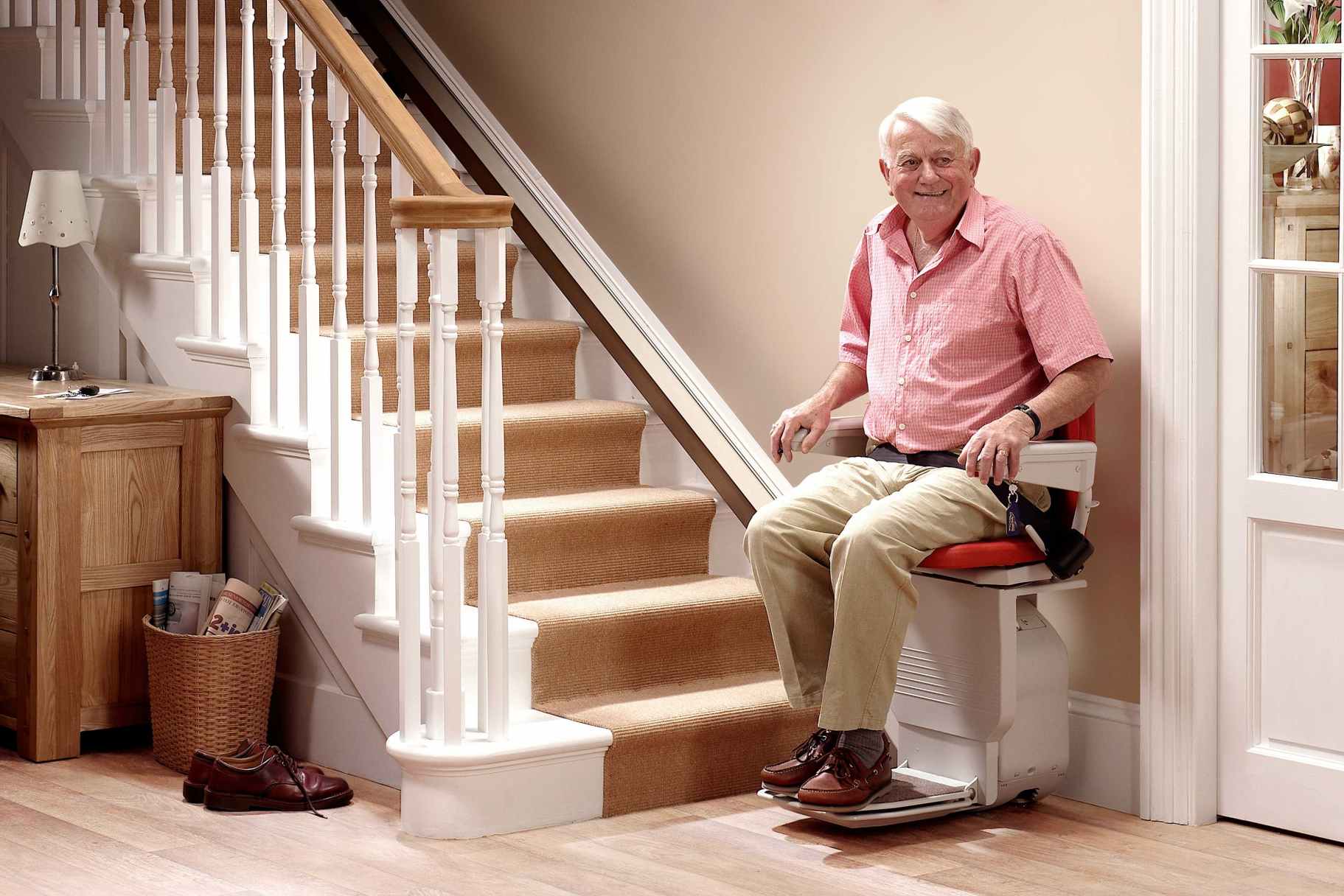The discussion about moving into residential care is something most seniors try to avoid for as long as they possibly can. This is an understandable attitude to an issue no one likes to face: the loss of mobility and therefore the loss of independence. It is a topic that elderly people will inevitably be confronted with at some point in their lives, be it during Christmas dinner with their families, while talking to their friends or during consultations with their doctor.
Residential care can be costly and much of the recent discussion around the health and social care bill has been around the topic of funding. Stannah’s Silver Census, a recently conducted research study among 1000 British seniors, revealed that 73% of over 65s think that they will have to fund any long term care out of their own pockets. To build up the necessary funds to pay for their care costs, 24% put aside some savings over the years whereas 23% see selling their home as a sad necessity to secure their future.
Improving access around the home though can delay the need for residential care or even remove the need altogether. Some people decide to improve the accessibility of their houses by installing stairlifts, steplifts or other mobility aids so they can keep their independence and ultimately continue living in their homes. The costs involved in these installations seem high to some people but they are only marginal compared to the £75,000 care bill cap set by the government.
In fact, huge savings could be made if more focus went on financing home adaptions. Independent research conducted by the London School of Economics (LSE) in conjunction with Stannah showed that for every £1 spent on adaptive technologies there could be a net benefit to the taxpayer of £1.10 in comparison to the expenses related to treating falls, covering hospitalisation and funding operations.
Given the results of both these studies, it is clear that the most sustainable, long term and happy solutions are where people are empowered, socially and financially, to keep living in the home they love, for as long as possible.

